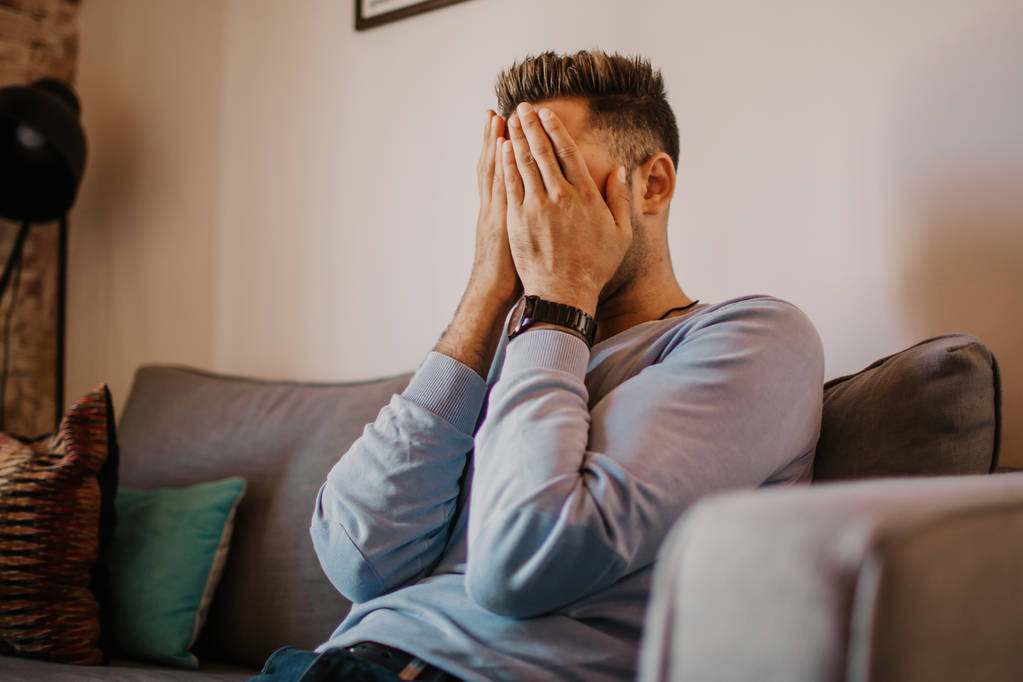Why it’s more than just worry – and what can actually help

We all get anxious from time to time. First dates. Job interviews. That moment you realise you hit “reply all” by mistake. Anxiety, in these moments, is actually doing its job – keeping us alert, nudging us to prepare, maybe helping us not make the same email mistake again.
But for many people, anxiety doesn’t clock off after the presentation or the awkward social moment. It sticks around. It wakes you up at 3 a.m. asking if you locked the door. It replays conversations from three days ago. It whispers worst-case scenarios about everything from your health to the look your boss gave you. This is when we’re no longer in the realm of everyday stress. We’re in the territory of anxiety disorders.
What Anxiety Feels Like (Spoiler: It’s Not Just Worrying)
Anxiety shows up in a lot of ways – and not always how you’d expect.
Sometimes it looks like overthinking everything, from what to wear to how to respond to a text. Sometimes it’s physical – tight chest, racing heart, jittery stomach. It can make even simple things feel monumental – going to the shops, answering the phone, or attending a birthday party.
You might live with generalised anxiety, where the worry spreads across most areas of life. Or maybe it’s social anxiety, where conversations feel like minefields. Some people experience panic attacks – sudden, intense episodes that can feel like a heart attack. Others grapple with health anxiety, where every ache or rash feels like a harbinger of doom, despite medical reassurance.
Whatever form it takes, anxiety is rarely “just in your head.” It lives in the body too, affecting sleep, digestion, posture, energy, and mood. It can feel like your brain and nervous system are running a marathon you didn’t sign up for.
The Invisible Struggle
Here’s the tricky part – anxiety often doesn’t look like anxiety. People may appear calm, organised, even high-functioning on the outside while battling a non-stop mental storm inside.
This disconnect can lead to some unfortunate misunderstandings. Comments like “you’re such a worrier” or “just relax” are well-meaning but unhelpful. Anxiety isn’t a personality quirk. It’s a diagnosable, treatable mental health condition.
What Actually Helps?
Thankfully, anxiety is not a life sentence. There are many evidence-based approaches that work.
Cognitive Behavioural Therapy (CBT) is one of the most effective treatments. It helps people identify and shift the thinking patterns and behaviours that keep anxiety in motion. Other therapies, like Acceptance and Commitment Therapy (ACT) and mindfulness-based approaches, help people relate to their anxiety differently – with less fear, more compassion, and more flexibility.
Medication can also be helpful for some, particularly when anxiety is severe. It’s not about dulling your emotions but giving your brain a bit more breathing room to engage in the work of therapy and healing.
And then there’s the often-underestimated power of lifestyle changes. Exercise, consistent sleep, limiting caffeine, reducing alcohol, time in nature, regular meals, and human connection – all of these support an anxious brain in regulating itself better.
When It’s Time to Get Help
Here’s a truth that doesn’t get said enough – needing help doesn’t mean you’re weak. It means you’re human. If anxiety is interfering with your daily life, relationships, or general sense of wellbeing, talking to a mental health professional can make a real difference.
You don’t have to wait until things are “really bad.” Early support often means faster relief.
Rewriting the Narrative
Living with anxiety isn’t about banishing all fear or stress forever (if only!). It’s about learning how to respond to your brain’s alarms with more curiosity, less panic. It’s about finding ways to feel safe in your body, even when your mind is on high alert.
The stigmas around men reaching out for anxiety. It is imperative to deconstruct this narrative of men’s mental health by encouraging men to reach out for help.
Most of all, it’s about knowing you’re not alone.
If this sounds like you – or someone you care about – there are professionals who get it, who won’t dismiss your worries, and who can help you find tools that work for your version of anxiety. With support, it’s entirely possible to go from just surviving to actually thriving.
Because while anxiety may be loud, it doesn’t get to write your whole story.
